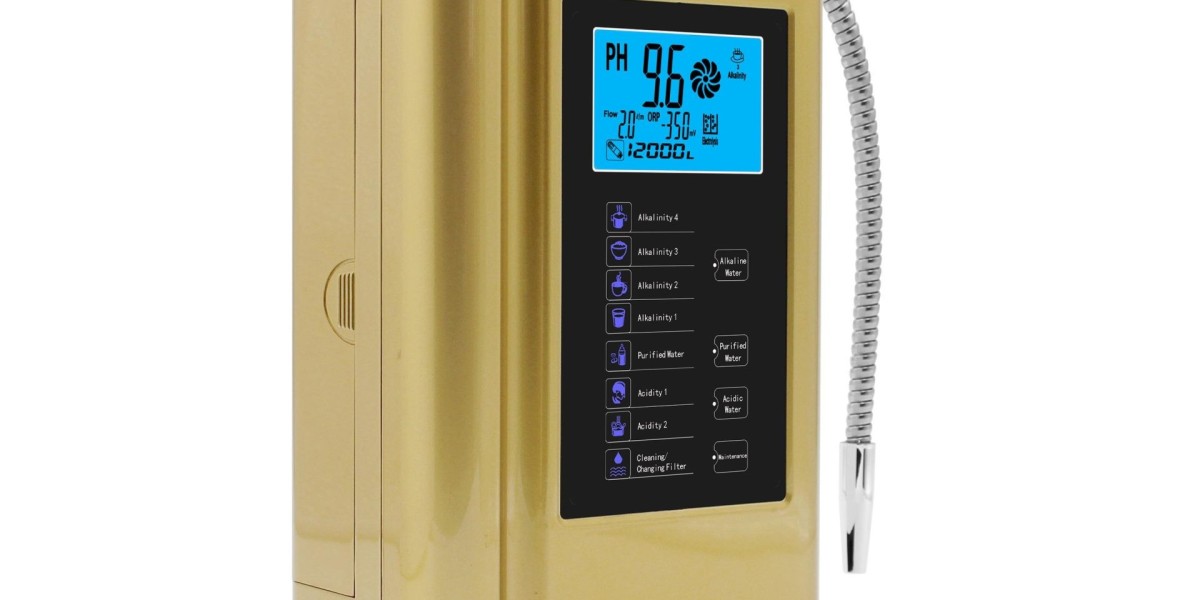In the realm of healthcare, the pharmaceutical industry plays a pivotal role in ensuring the well-being of individuals worldwide. At the heart of this industry lies the Bachelor of Pharmacy (B.Pharm) degree, which serves as a foundational program for aspiring pharmacists. This comprehensive undergraduate course provides students with a deep understanding of pharmaceutical sciences, preparing them for diverse career opportunities in drug development, healthcare, research, and more.
Understanding the Bachelor of Pharmacy Degree
The Bachelor of Pharmacy program typically spans over four years and is designed to equip students with the knowledge and skills necessary to excel in various aspects of pharmaceutical sciences. Throughout the course, students delve into subjects such as pharmacology, medicinal chemistry, pharmaceutics, pharmacotherapy, pharmacognosy, and pharmaceutical analysis. Additionally, students gain practical experience through internships, laboratory work, and clinical rotations, allowing them to apply theoretical concepts in real-world settings.
Curriculum Highlights
Pharmacology: This branch of pharmaceutical sciences focuses on the study of how drugs interact with the body to produce therapeutic effects. Students learn about drug mechanisms of action, pharmacokinetics, pharmacodynamics, and the adverse effects of medications.
Medicinal Chemistry: Medicinal chemistry explores the design, synthesis, and structure-activity relationships of pharmaceutical compounds. Students gain insights into the chemical properties of drugs and their impact on biological systems.
Pharmaceutics: Pharmaceutics deals with the formulation, manufacture, and delivery of pharmaceutical products. Students learn about dosage forms, drug delivery systems, and the principles of pharmaceutical technology.
Pharmacotherapy: This field focuses on the rational and effective use of medications to treat various diseases and medical conditions. Students study therapeutic drug classes, patient counseling, and medication management strategies.
Pharmacognosy: Pharmacognosy involves the study of natural products derived from plants, animals, and microorganisms for their medicinal properties. Students explore herbal medicines, traditional remedies, and the isolation of bioactive compounds.
Pharmaceutical Analysis: Pharmaceutical analysis encompasses techniques for assessing the purity, quality, and potency of pharmaceutical products. Students learn analytical methods such as chromatography, spectroscopy, and titration for drug testing and quality control.
Career Opportunities
A Bachelor of Pharmacy degree opens doors to a wide range of career opportunities in the pharmaceutical industry, healthcare sector, research institutions, regulatory agencies, and academia. Graduates may pursue roles such as:
Pharmacist: Pharmacists play a crucial role in dispensing medications, providing patient counseling, and ensuring the safe and effective use of drugs.
Clinical Research Associate: Clinical research associates oversee clinical trials to evaluate the safety and efficacy of new drugs and medical treatments.
Pharmaceutical Sales Representative: Sales representatives promote pharmaceutical products to healthcare professionals and facilitate product education and distribution.
Pharmaceutical Scientist: Pharmaceutical scientists are involved in drug discovery, formulation development, and pharmaceutical research to advance healthcare solutions.
Regulatory Affairs Specialist: Regulatory affairs specialists ensure compliance with regulatory requirements and standards governing the pharmaceutical industry.
Academic Researcher: Academic researchers conduct studies and experiments to expand knowledge in pharmaceutical sciences and contribute to advancements in healthcare.
Conclusion
The Bachelor of Pharmacy program serves as a stepping stone for individuals passionate about pharmaceutical sciences and healthcare. Through a rigorous curriculum and hands-on experience, students develop the skills and expertise needed to thrive in various roles within the pharmaceutical industry and beyond. As the demand for healthcare professionals continues to grow, graduates of B.Pharm programs are poised to make meaningful contributions to the field of pharmacy and improve the lives of individuals worldwide.








